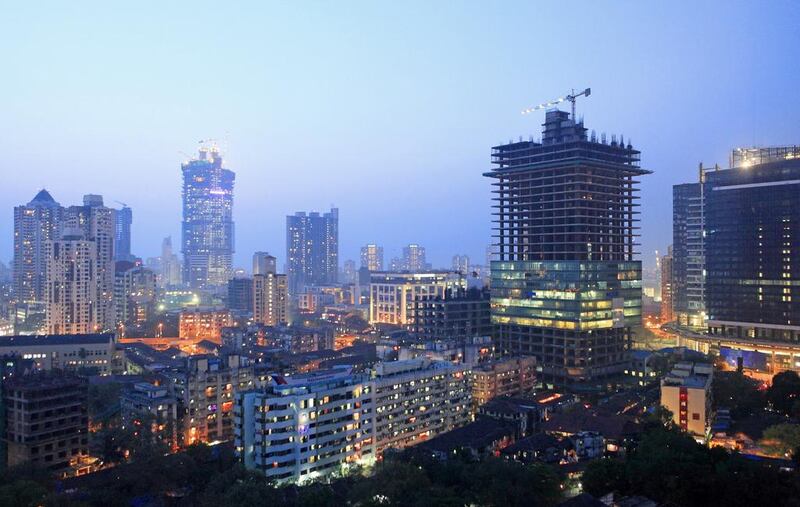India has eased foreign investment rules for its construction sector in a move that is expected to attract much-needed funds and boost property development.
The cabinet, chaired by the prime minister, Narendra Modi, on Wednesday approved measures which included halving the minimum foreign direct investment (FDI) requirement for construction development to US$5 million from $10m, reducing the project size demanded of overseas investors, and relaxing exit rules.
The changes could help solve some of the country’s housing shortage issues, while creating more opportunities for GCC and other overseas investors, analysts said.
“Relaxing FDI norms will open up the capital markets, thereby attracting investments into the sector,” said Shishir Baijal, the chairman and managing director of Knight Frank India. “It’s also a great fillip for affordable housing which only creates more opportunities in the market especially for investors, who will benefit the most with the three-year lock in period now being revised.”
Investors will now be able to exit a project on completion or three years after the date of the final investment, whichever is earlier.
India’s minimum built-up area requirement for FDI in construction has been lowered to 20,000 square metres from 50,000 sq metres.
As millions of Indians move out of out of poverty each year, demand for better-quality housing is rapidly growing.
The government said that it expected the relaxed rules to boost inflows of foreign funds into various segments of the construction development sector, as well as helping to create jobs.
“It is likely to attract investments in new areas and encourage development of plots for serviced housing given the shortage of land in and around urban agglomerations as well as the high cost of land,” according to the statement. “The measure is also expected to result in creation of much needed low cost affordable housing in the country and development of smart cities.”
Mr Modi’s government has previously outlined a target of developing 100 smart cities.
Dubai’s Tecom is building a long-delayed 100-hectare 50 billion rupee (Dh2.99bn) business park, SmartCity Kochi, in the state of Kerala.
Neeraj Bansal, a partner at KPMG in India and the head of its real state and construction division, said that the new government had been taking a number of steps to alleviate the problems hampering the development of housing and infrastructure in the country. These include plans to introduce real estate investment trusts (Reits), with the Securities and Exchange Board of India recently announcing rules governing the new asset class.
Mr Bansal said that “the cash-strapped property sector ... has witnessed a marginal growth in new investments over last couple of years and FDI, in particular, has almost dried up from a high of $3 billion – or 10 per cent of total FDI inflow – witnessed in 2009 to 2010”.
In the near term, he said, “we expect the policy to support housing and commercial office projects in metro cities such as Delhi and Mumbai, where project size is generally small, yet requires heavy investment due to expensive land parcels and high construction cost”.
India in 2005 opened up its construction sector to 100 per cent FDI, including development of townships, residential and commercial buildings, educational institutions, city and regional infrastructure, and recreational facilities.
The money will flow in but it won’t happen overnight, Knight Frank’s Mr Baijal cautioned. “We need to understand that FDI will not begin flowing within the next 24 hours, as we foresee another eight to 12 months for the decision to bear fruit,” he said.
business@thenational.ae
Follow The National's Business section on Twitter





